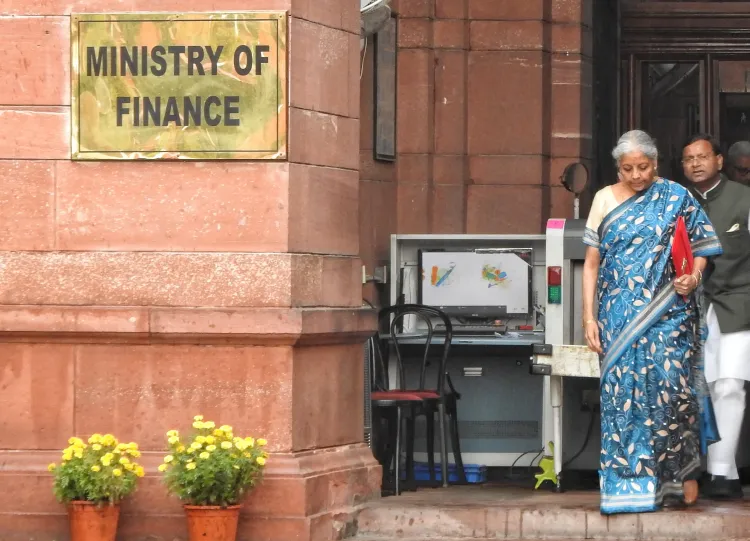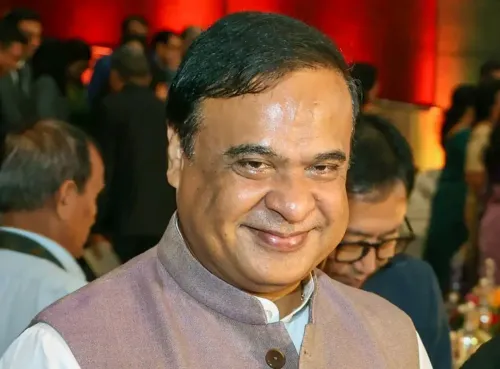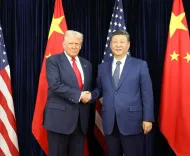Will the Finance Ministry Address Credit Flow Issues for MSMEs with Bank Leaders?

Synopsis
Key Takeaways
- Finance Ministry to evaluate MSME credit needs.
- Impact of 50% tariff hike on MSMEs is significant.
- High collateral requirements remain a barrier for MSME financing.
- Government support is crucial for engineering exports.
- Meeting aims to ensure adequate credit flow.
New Delhi, Oct 13 (NationPress) The Finance Ministry is preparing to conduct a review meeting on Monday with public sector banks (PSBs) to evaluate the detrimental effects of the recent 50 percent tariff increase enacted by the US on the micro, small, and medium enterprises (MSME) sector. A senior official has confirmed this meeting will focus on the credit needs of these businesses.
The session, led by Department of Financial Services (DFS) Secretary M Nagaraju, aims to explore how international trade challenges are impacting MSMEs and to guarantee that sufficient credit assistance remains available through current government programs.
This high-level review will also assess the distribution of funds through financial inclusion efforts, like MUDRA and government credit guarantee initiatives.
Recently, MSMEs in the engineering sector convened with RBI Governor Sanjay Malhotra to express their concerns regarding the sector’s fragility due to the US tariffs and requested support to lower borrowing expenses for exporters.
"India’s engineering exports to the USA typically hover around $20 billion, which represents nearly 45 percent of the total exports from India affected by US tariffs. This highlights our sector's vulnerability and the pressing need for government backing. To lessen this impact, we urgently require government intervention in specific areas," stated Pankaj Chadha, chairman of EEPC India.
Chadha also raised issues concerning MSME exporters' challenges in obtaining collateral-free loans for export financing.
MSMEs still encounter hurdles when pursuing financing from banks and financial institutions, where stringent collateral requirements remain. Furthermore, the credit rating systems employed by banks to assess collateral and interest rates disproportionately burden MSMEs. Consequently, MSMEs often face higher interest rates alongside significant collateral demands, he noted.
The chairman of EEPC India also pointed out that the exposure of engineering exporters to US markets has affected their credit ratings, recommending that rating agencies refrain from considering US exposure when calculating these ratings, at least for this fiscal year.










